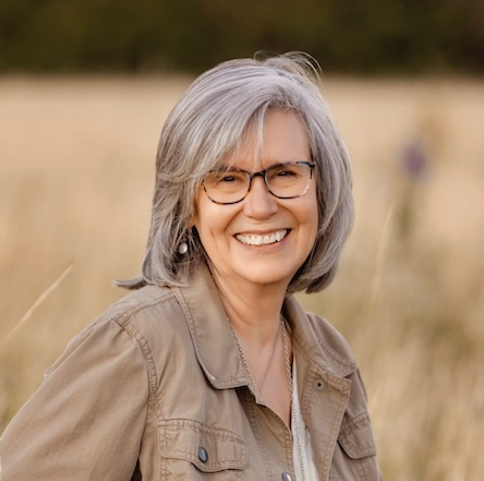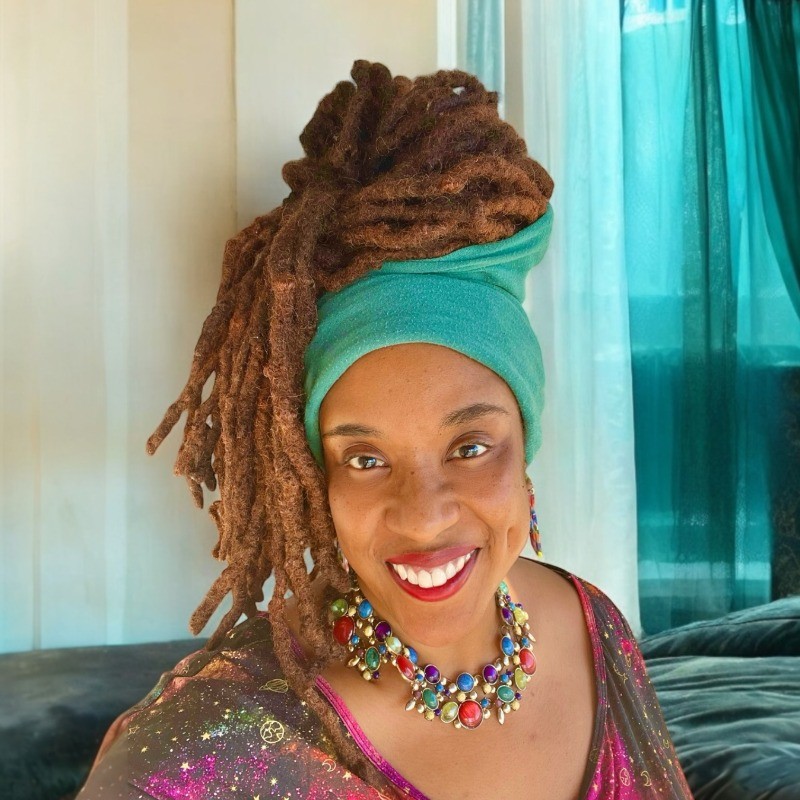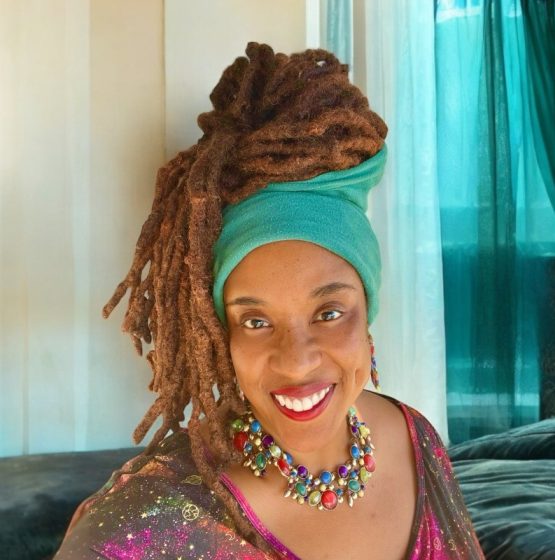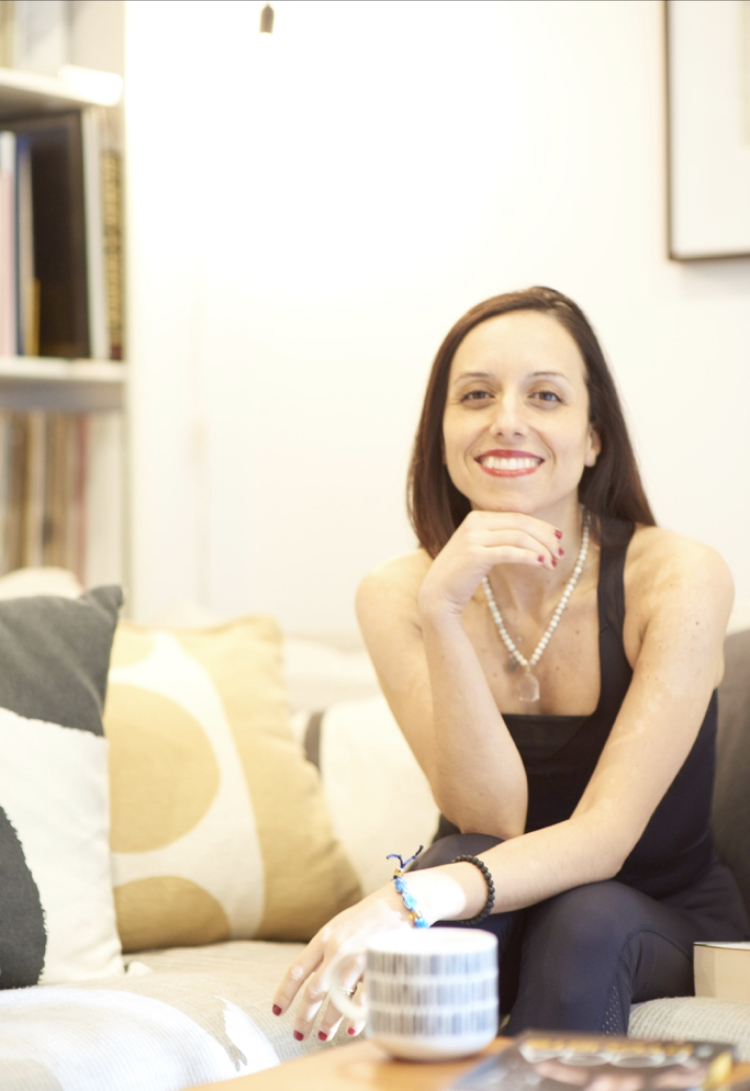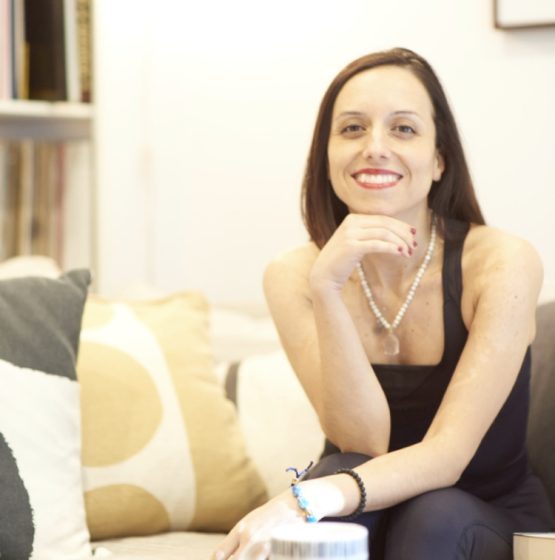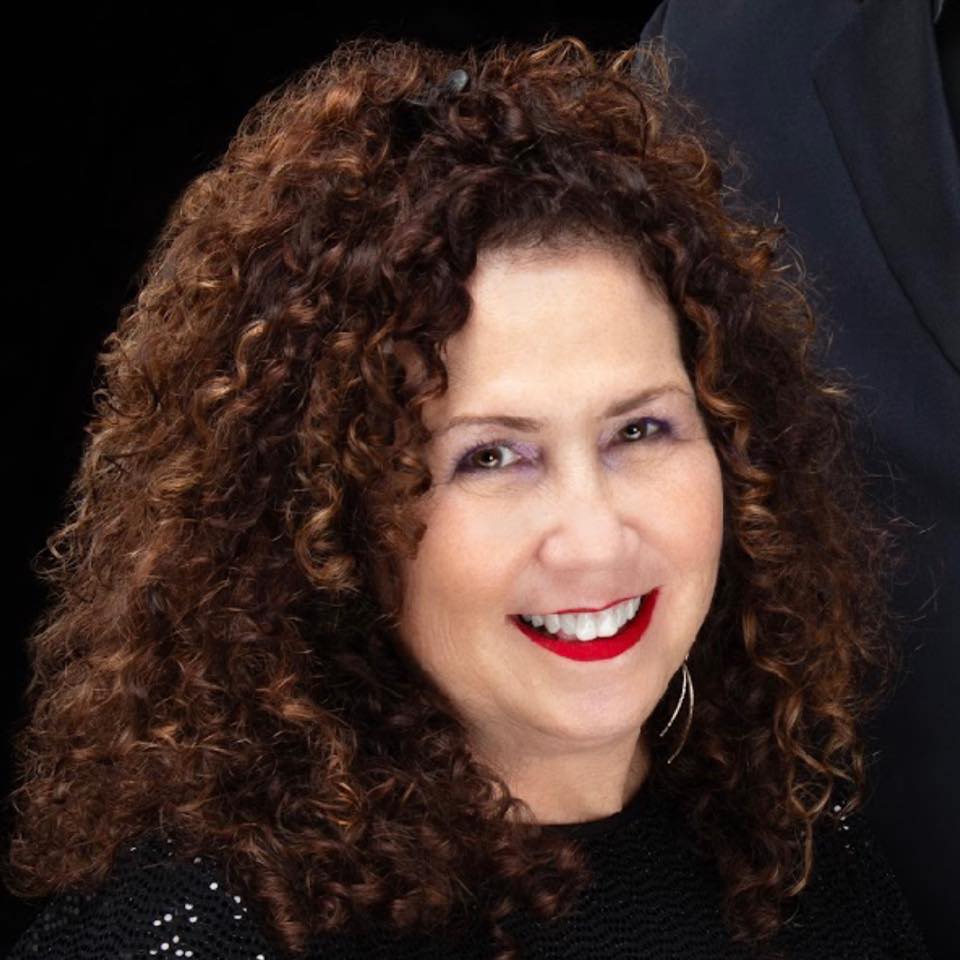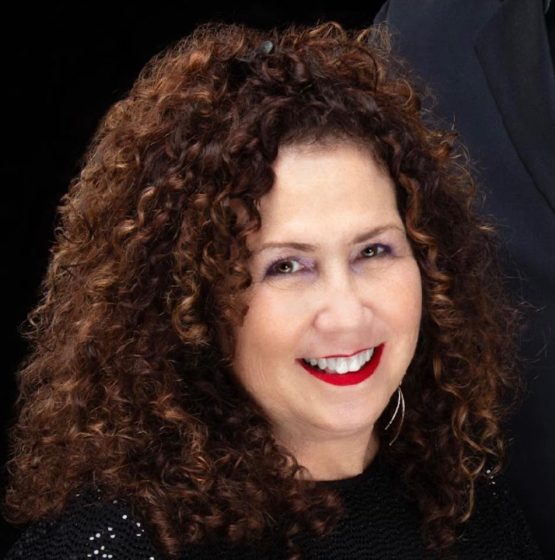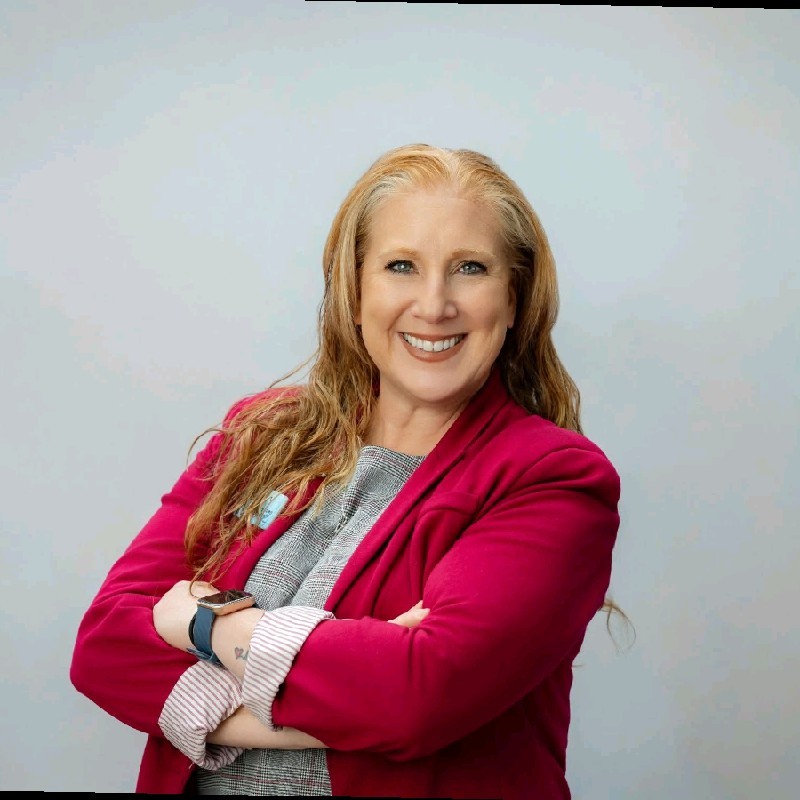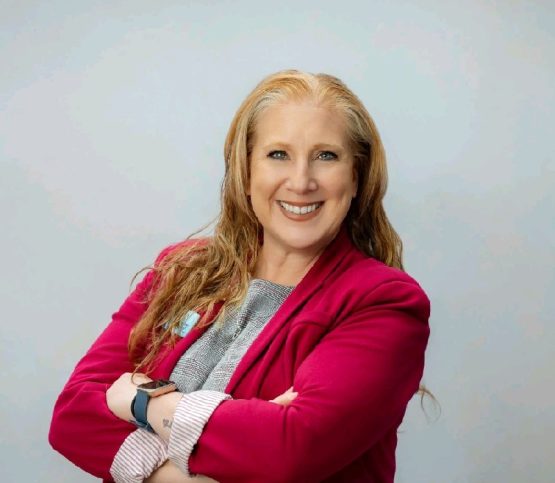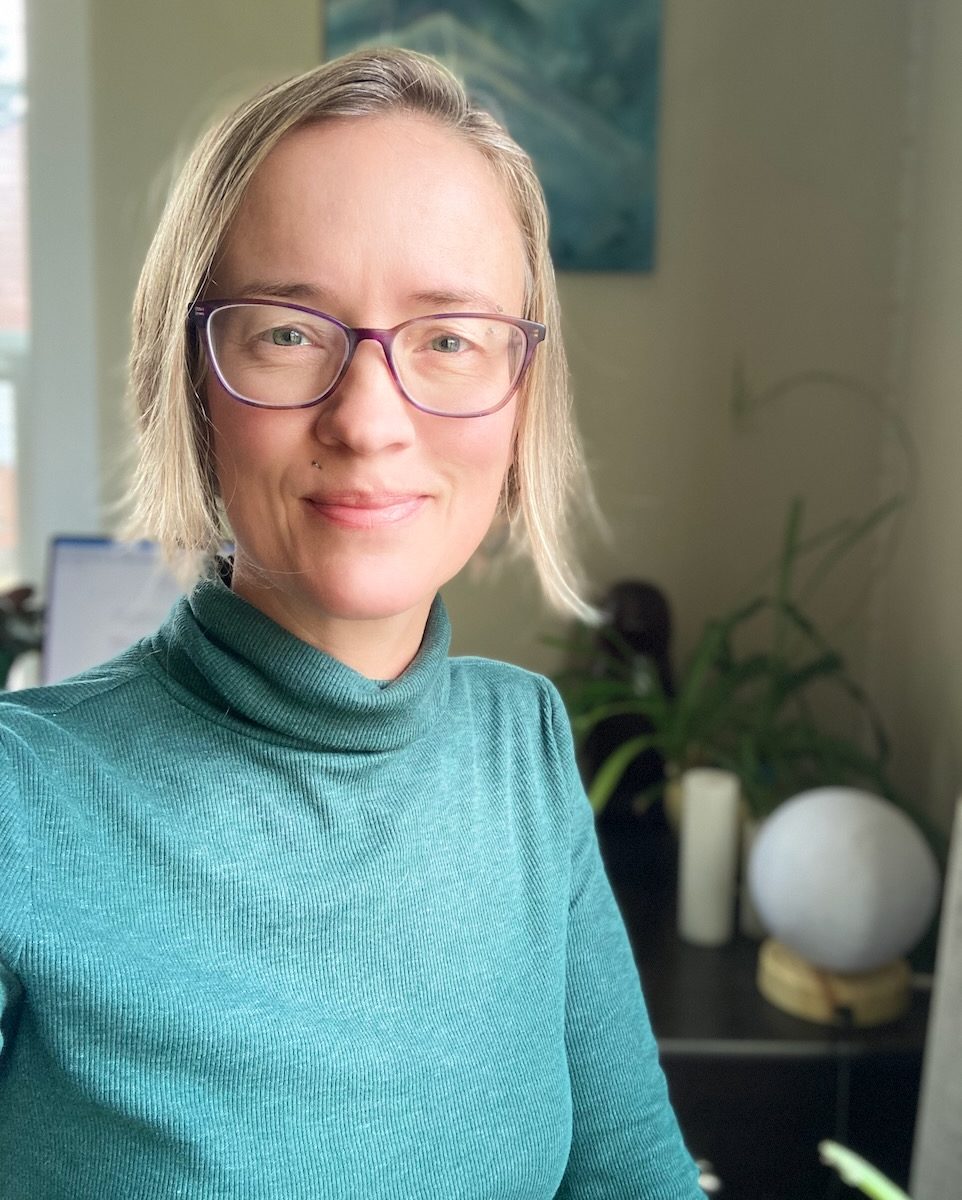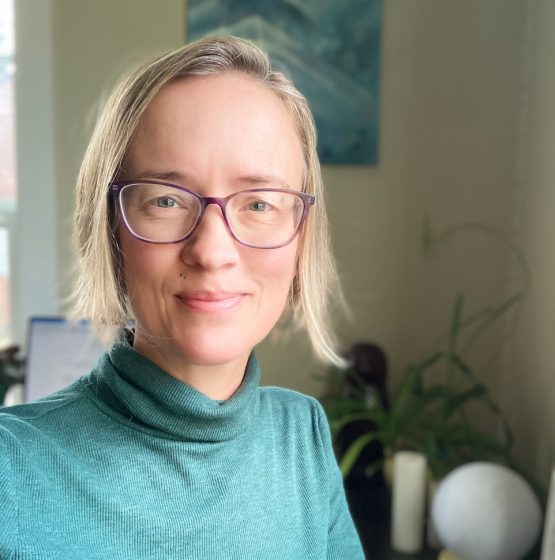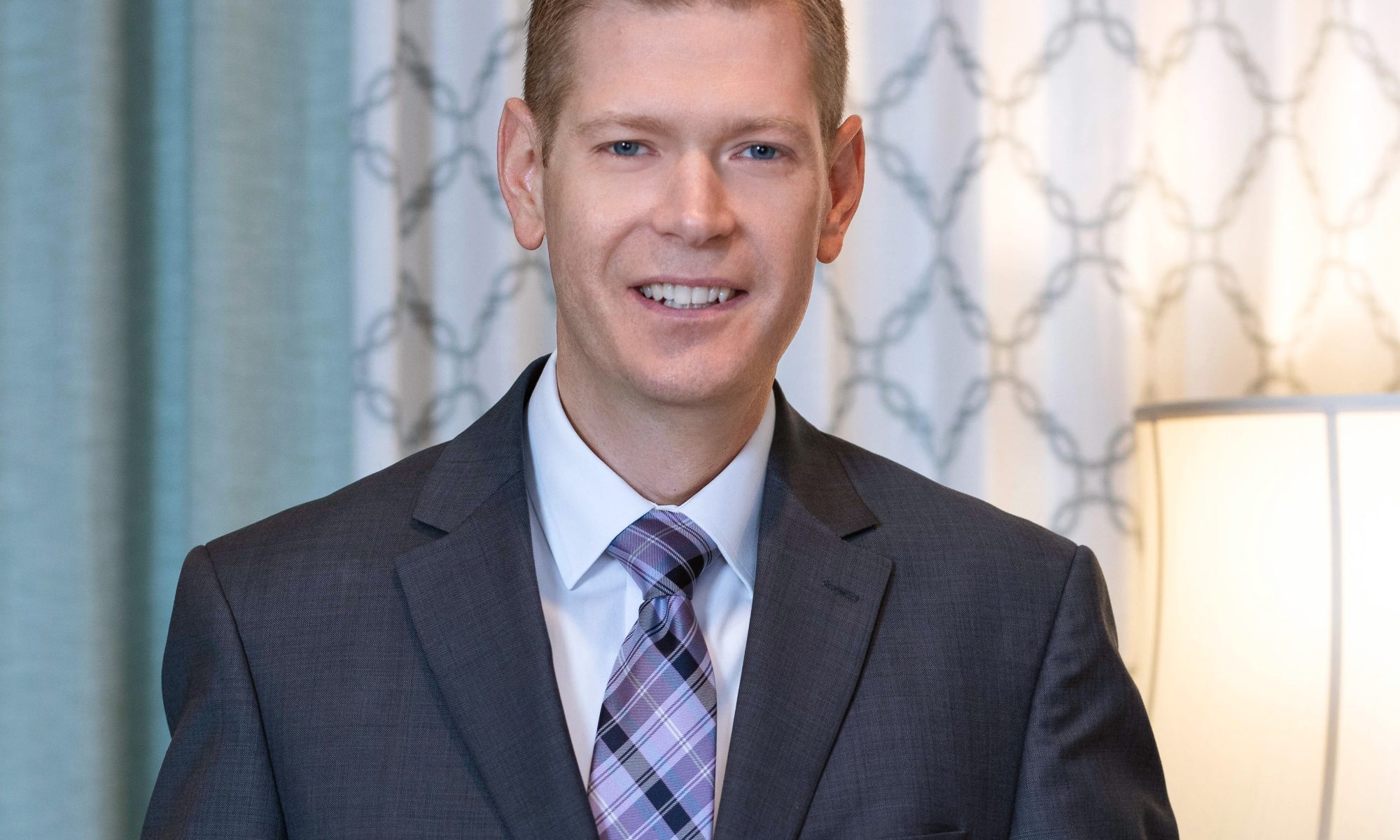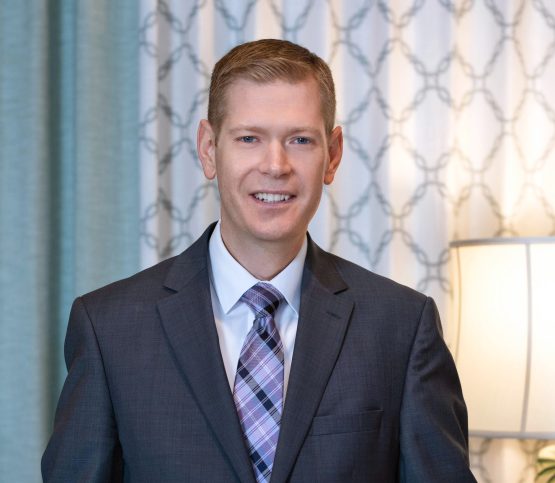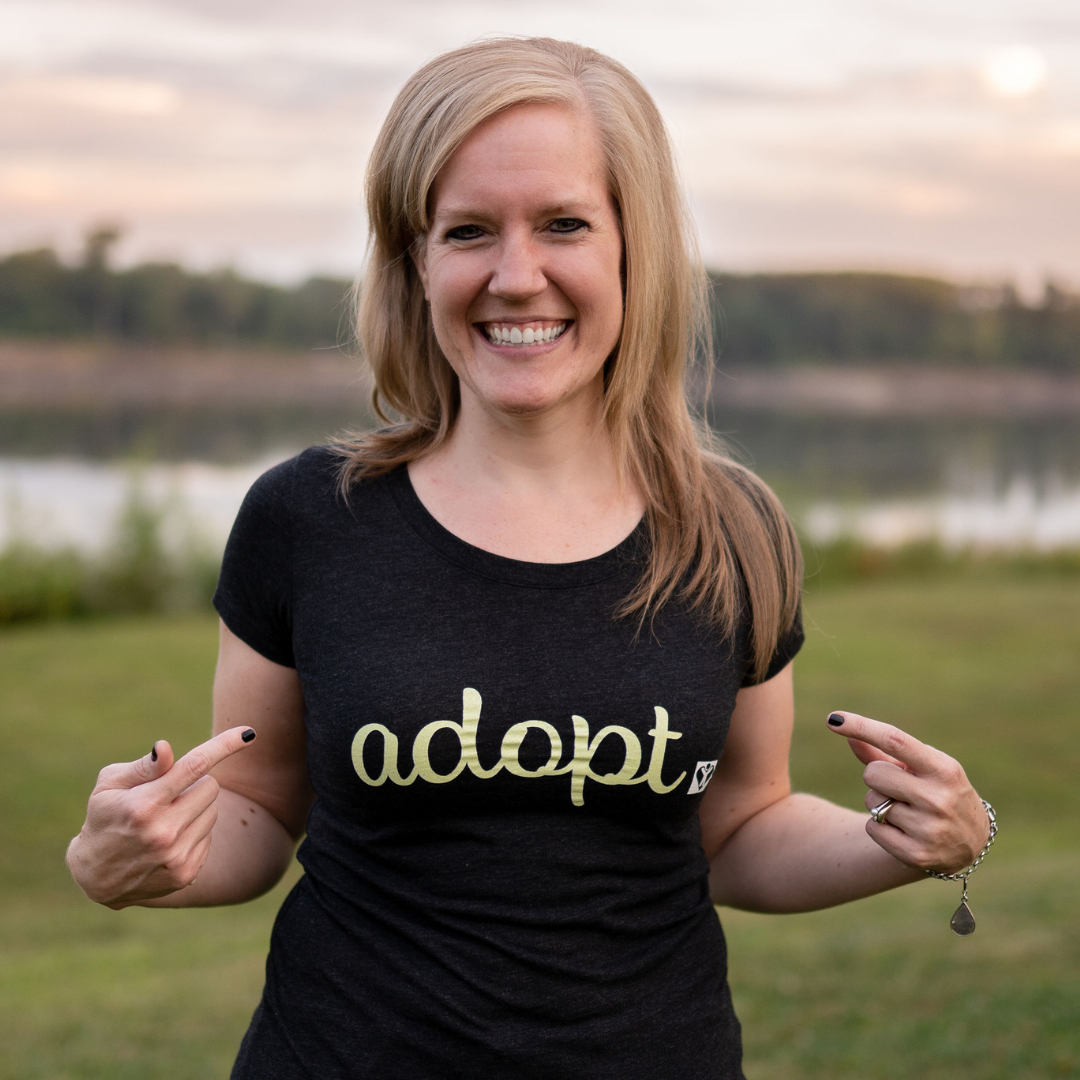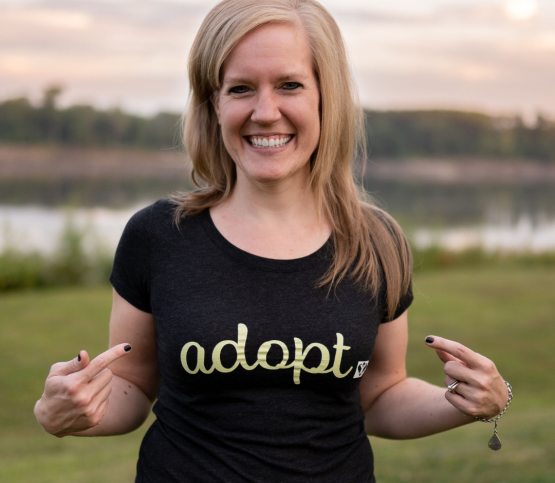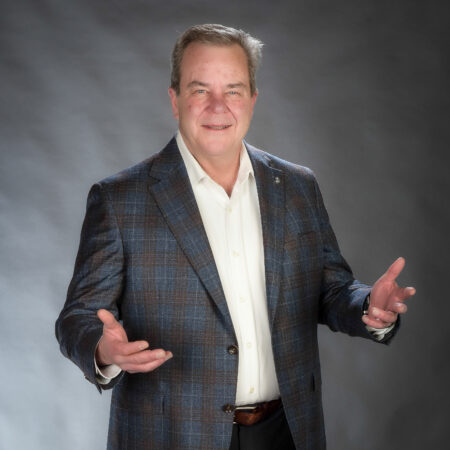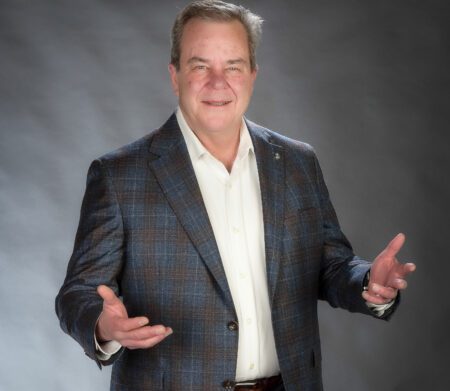With over 38 years of experience in the financial world, Bill Haase has a background of 20 years in the trading pits of Chicago (Wall Street), processing and underwriting of loans with major banks, and several years of financial advising (Main Street) to people like you. While he was never a trader (but was a broker!), Bill exercised trades and was involved in the transactions of stocks, stock options, Bonds, S&P futures, foreign currencies, risk arbitrage, and interest rate futures that included Eurodollars, Euroyen, and Libor. In 2004, Bill was the first person in the US to execute side-by-side pit and computer trading at the same time. No amusement park will ever develop a ride like Bill had on that day! He also had a 4-year running radio show titled “Innovative Strategies,” where Bill and his guests discussed financial literacy and how to build a business from concept to success. Logging nearly 1000 interviews for a couple hundred live on the show, Bill is launching a podcast with special guests to discuss more about the topics in his book and living your life with intent.
Bill began his career at the Chicago Board Options Exchange (CBOE) as a runner with Goldberg Brothers taking option orders on stocks to the various brokers in the pits and acting as the runner when those options were executed. When hired, Bill was told that only one out of ten runners would make it a full month; yet Bill lasted twenty years. From there, Bill graduated to buying and selling stocks for traders as they hedged their options positions. About a year and a half into this crazy world, the powers that be thought Bill might be a good fit working in the Ivy Tower helping with a relatively new strategy called Risk Arbitrage. Bill participated in selling or buying baskets of stock that could be valued as high as $15,000,000 each, and the trade was completed in a matter of mere minutes. Back then, there was a person who would execute (trade) futures against the stock position (if buying stocks, then selling futures and vice versa) that were chosen and lock in the diƯerence in pricing. This was primarily the Fortune 500 stocks versus the S&P 500 futures, but other options were used occasionally. One day, Bill was sent to have lunch with Prudential Bache and signed the largest stock loan contract of its day for $100 million. Bill longed to get back to the action of the pits, recalling the mantra, “You either love it or hate it, and you’ll know quickly.”
Bill headed over to the Chicago Mercantile Exchange and worked a desk with a well-known company called Drexel Burnham Lambert Inc. in the Eurodollar pit (interest rate futures). This was the largest trading pit in the world with roughly 1500 people at any given time, trading over 40 diƯerent futures and any combination of those futures, as well as the options on those futures. Just nine months into this new gig, Drexel got forced into bankruptcy in 1990 for an issue with Junk Bonds, and after a bit Bill wound up at Nikko Securities as the desk manager for a group of Japanese brokers. A little over six years later, Bill switched sides and moved into the pit as a clerk involved with spreads (buying one contract while selling another at the same time, which could involve strategies for spreading that may include several futures at once). About four years later, computer trading had finally made it to the US. What a splash this made!
When your world gets taken over by technology, where does one go? Certainly not the corporate world, or so he thought. While trying to start his own business, Bill landed at Chase Bank in Milwaukee processing loan modifications, moving back to Illinois a year later with Bank of America processing and underwriting loans for residential deals.
After three years, Bill became a financial advisor and worked for various companies, recounting how his experience would help him get a step ahead of the competition. What Bill learned was that most people didn’t understand much about how to develop individual and family portfolios. Bill found this frustrating, in that he knew he could help, but they just couldn’t understand the intricacies of how money works. Bill discovered his desire to teach financial literacy and launched his radio show that included how to build a business from concept to success. With so many people leaving their corporate jobs, many would embark on their own with no idea of what they were getting into. Four years later, Bill made the pivot to launch a podcast with a focus on financial literacy and living your life with intent. This led him to write his book, Our Mindset on Money.
Bill was called to provide basic knowledge and show people how they can take back control with a little eƯort and a desire to live a better life. This book is for those who wish to stop letting money stress them out and live in peace the rest of their lives.
What has your 38 years of experience in the financial world taught you about the human condition?
Here in the U.S., we learn at a very early age to start chasing the almighty dollar. Many parents sacrifice to send their children to certain schools in hopes of acquiring a higher paying job once they’ve completed their studies. The pressure starts early and never ends for many. But how many know why? Our parents tell us how hard they worked and sacrificed to provide better opportunities for us so that we may live a better life. And yet, we then go out and do the same for our children. It’s perpetual, and we never stop to ask why. The obvious answer is that we will live a better life if we make more money, but what is a better life? Bigger homes in nicer neighborhoods, expensive foreign made cars, fancier clothes and jewelry, or dining in those high-end restaurants. Therein lies a huge problem; we are programmed to believe that the more money we appear to have, the better we look in the eyes of those around us.
Call it status or perception, but we’re led to believe that the more money we have makes us look more successful and even smarter. And since we don’t take the time, or maybe have the time, to get to know a person, we base our judgement on people by how they look first. Just look at the size of the cosmetic and clothing designer industries. We’re willing to go into debt to create a certain perception of ourselves, and that often leads to many of life’s problems, such as depression and high stress levels.
I could tell you stories all day long about people who claim they never have enough; wealthy people are completely controlled by money and won’t retire because they don’t have enough to live the way they want too. This makes me think we have the wrong mindset on money as to how to live a great life, regardless of where we stand financially.
Tell us about the day you were sent to have lunch with Prudential Bache.
In 1987, about a year into my career as a runner at the Chicago Board Options Exchange, I was moved into the risk arbitration office, which was a great opportunity at the time. We executed large baskets of stocks against the underlying futures, typically, the S&P 500 stocks versus the S&P Futures where we could take advantage of an imbalance in pricing; and that would often involve selling short stocks. Shorting stocks meant you were selling stocks you didn’t own, and that created a need to borrow stocks to cover the position being held for the period of time until the trade was reversed (we would say unwound). While there were only about eight of us in the office at the time, we were considered one of the biggest risk arbitration groups in the world financially. We got to a point where we were constantly borrowing stocks and that would get costly, eating into the profits.
So, the powers that be decided to cut a deal with the good folks at Prudential Bache to borrow upwards of $100 million worth of stock, if needed, at what I could only assume was for a lower cost. I was in my mid-twenties and chosen to do the ceremonial signing of that contract. All I could think about was, how the heck did I get myself into this position? I was shaking because I didn’t know it was ceremonial at the time. Let’s just say the Prudential folks took great care of me at lunch, and when I returned to the office I was feeling no pain.
When the world gets taken over by technology where does one go?
Funny you should ask, as I just learned that very soon we won’t be needing keyboards or mouses anymore. That sounds crazy to me, but we’ll see. To put this from a financial perspective many folks see cryptocurrency as part of technology and wonder where it comes from. I always ask the same question, ‘Where does the money you use now come from?” Depending on our age or generation, many folks use technology to pay their bills and buy things, never actually exchanging hard currency. What’s so different? In some countries Bitcoin fluctuates, on a daily basis, less than the currency they use. And when we think about Bitcoin we typically say, “Well that’s way too expensive for me,” but for many, so is a $100 bill. Yet we have $50, $20, $10, $5, $1 bills, and coins to break down our currency even more. The same holds true for cryptocurrencies. It’s just that we have our minds set on what we believe Bitcoin or other cryptocurrency is, typically not doing our homework on what it actually is, and what it can do.
To be honest, I consider myself technically challenged and lean on friends with greater knowledge. But we need to embrace it or we’re going to be left behind. By that I mean that we might be taken advantage of in ways that will usurp our money. It’s happening all the time now. Just look at your text messages, social media, and emails, that are filled with deception in an effort to divide us from our money we hold. To be fair, it’s not always by deception as there are many good folks out trying to sell their products and services. The difference can be between those that understand how to use technology, and those that think they do. There’s an old book from 1998 by Dr. Spencer Johnson called Who Moved My Cheese. It’s happening again.
What surprised you the most as a Financial Advisor?
Three things stood out:
When I learned that spouses typically don’t ever talk about two things, money and sex. I used to stand in front of groups telling them I was there to help with one of those. But the reality is, we don’t like to talk about things we don’t know about, and that rolls down to the next generation. There are exceptions to every rule, but how many parents really sat down and talked to their children about the birds and the bees, as we used to say. And if you don’t understand how to control your money and spending, then how are you going to teach your children? Let’s add that it’s taboo to even talk about money with other people. It’s the perfect storm; you’re not supposed to talk about something you know so little about.
The second thing I learned was that even people I would expect to have a greater knowledge of money, like a CFO or someone in the finance world, would look at me like a deer in headlights when explaining the investments I thought would best suit their wants and needs. Throughout my career I was involved in some highly technical aspects of money and trading, and I understand that most people could not comprehend some of the investment opportunities they had before them. But in many cases, there was very little understanding of even some basic investment options. I just read that according to the Federal Survey of Consumer Finances, in 2023 there were approximately 58% of Americans that owned stocks, and that the wealthiest 10% of Americans owned roughly 93% of the stocks. The financial literacy in our country is sorely lacking, and I can’t help but wonder how this affects productivity, not to mention our physical and mental health.
Lastly, the training methods used to educate financial advisors are severely deficient which accounts for why so many drop out of the industry. According to Financial Advisor magazine, nearly 71% of advisors leave within the first five years, adding that most are within the first three years. What I find interesting is one industry tactic, where once you start and get all licensed up, and you’re told to go talk to friends and family first. I’m guessing it’s believed that talking to people you know would be easier. Just bring them in and you’ll get help from a more experienced advisor. The problem I see with that approach is that the new advisor will not have sufficient knowledge and experience, and I don’t see how it helps to show that aspect to your warmest market. Family and friends are where people go to learn if you’re worth talking to, and yet you’re showing them in the earliest stage of your career that you’re not ready.
Tell us about your new book, Our Mindset on Money. What was the catalyst for your book?
The book is actually the second effort based on a calling I received in January 2022 to provide financial literacy to those that needed it most; the underprivileged. A calling is a funny thing in that it is not saying, “Here’s a great idea.” For me, it was being asked to take on a mission that I couldn’t refuse.
While I know there are many people around the world that need and want financial literacy, I knew I had to focus on a specific target market. My first effort to fulfill this calling was to develop a series of classes for juniors and seniors in high school. I set up a company and put together a team that I felt was very strong and created a plan. The problem was that I was going to need a large amount of funds to do it the way I felt it needed to be done. For years, I saw clearly how to build it and understood the need to entertain as well as educate when working with young adults. I had written the courses, had access to a high end studio and producer, and wanted to bring in recognizable people to record the courses. The problem was typical of an entrepreneur trying to raise capital; finding the money. Let’s just say I failed to acquire the funds necessary and had to do what so many entrepreneurs do; pivot.
To this day, I still believe the business plan is a solid one, and could be very lucrative, but I was out of time and money. A lawyer friend of mine in New York called around that time and mentioned he loved the way I lived my life with intent. That made me realize this was not the time to give up on my calling. I had never thought of writing a book, in fact, I figured there are others in this world better suited to write about financial literacy than myself, but I didn’t see anyone else doing it. And I felt that most people didn’t want another book telling them how to do a budget and to stay within it. I already knew most people had no idea what they spent last month, or any month for that matter, and they didn’t want to know how much money they were wasting and where it was going. My prayers were answered: what I needed to do was hit upon our mindset on money.
What triggers us to spend and why are we so willing to go into debt? Why do the rich buy time, while the poor buy stuff? It just felt so right to educate people on their relationship with money, so that they could take more control over their spending habits. A year later, almost to the day, the book was published and I became an author. Who would’ve thought?
Who is this book for?
While I’d like to say there’s something in it for people of all ages, color, gender, culture, and so on, I know the world likes to put things in a box to more readily define where it should be categorized. But the reality is, there are people of all backgrounds and income that struggle with money. I’ve spoken with amazing people around the world that are begging for financial literacy in hopes to improve their lives, or with the intention of helping others live a more abundant lifestyle. Within hours of the press release we had over 350 hits with wire services from all parts of the world.
But my team’s focus is on starting here at home in the U.S. I currently have four major targets starting with the Military; there are so many ways to help these good people. Military spouses that remain here while their spouse goes off to fight battles quickly realize they need to take control of their money, and sure don’t want to have their spouse come home to a pile of bills and nothing left in their bank account. The Gold Star Families of those lost in battle, or that are moving to civilian life, have indicated their biggest fear is not knowing anything about money. What if we could help from an early stage with new recruits? What about Wounded Warriors that have to deal with constant financial struggles? Are there other Veterans that could use our help? The Salvation Army is another target to help those less fortunate get back into the game of life. Community Colleges are a way to reach young adults about to enter the real world, and typically with debt hanging over their heads. Home schooling is yet another area I’ll be pursuing. I can assure you there is no limit to where we can go and the many we can help.
What is the greatest misnomer when it comes to money?
The more you have, the happier you’ll be. I have yet to meet someone that was constantly chasing the almighty dollar ever be truly happy over time. They may be happy for a short time, but the money is not fulfilling when looking for happiness. I have heard, and seen, how the more money one makes the more they become who they are. Meaning, if you’re a happy person, then money will make you happier. But I’ve seen some people do the very opposite and become more abusive, mean, and dissatisfied with life.
Against all belief, the more money you have does not necessarily make you smarter. As for success, if money is your way of judging others’ success, then I suggest you take the time to get to know the person you’re judging and learn from them what makes them most happy. I bet you’ll hear things like my marriage, my children, grandchildren, friendships, or maybe even knowing God.
Keep in mind, money doesn’t care about anything. Not your color, gender, religion, house you own, car you drive, school you went to, clothes or jewelry you wear. Maybe that’s why we want it so much, because we seem to always chase after something that doesn’t care about us.
Tell us about your podcast and where we can find it.
The podcast is tentatively called “Intent” and is set to start recording very soon, as it’s the basis for my next book. At least that’s the plan now, but life happens, and things can change. I’m scheduled with iHeartMedia to release the recordings when we get a few in the bank, so to speak. Here is a link I believe still works to my radio show of four years that has ended as we move into podcasting: Innovative Strategies – YouTube
What do you want your legacy to be?
Well, since I can’t buy a building at a school or a wing at a hospital, I’ll have to rely on what others believe it to be. In reality, there will be many things that I can’t control. Most importantly, I wish to be remembered as a person who served his calling well.

